Glossary
Logout
©Copyright Arcturus 2022, All Rights Reserved.
7
Terms & Conditions
|
|
|
|
Security & Privacy
Contact
RADA(R) LOOP
|Introduction

RADA(R) is an acronym for Reconnaissance, Alignment, Decide, Act and Review/ Repeat. RADAR is without doubt a powerful catalyst for continuous improvement and its visual simplicity truly belies its real world practical application. Fundamentally the ‘process’ route of this methodology is a systematic progression in a clockwise direction into each individual section represented by the sectional header of R-A-D-A-(R).
Reconnaissance (Situational Intelligence) is a pro-active Market Research Study. Importantly, the market intelligence activity is bi-directional (both inward and outward) from the Company as we need to gather information about the Marketing Environment and test/validate new ideas. The outcome of this section is an ‘evidence based’ observation trigger / market requirement.
Following Reconnaissance, representative of a delta observation that has in turn triggered RADA(R) is passed to Alignment (Strategic Alignment) for Impact Analysis. The interpretation of Situational Information would primarily be against a previously agreed set of Objectives / KPI’s. A specific interactive business model is available for this activity if required.
The Strategic Alignment activity is where an Impact Analysis Study has qualified the associated delta. This may include, Strategic Opportunities, Weaknesses and/or Threats. The analysis is presented for ‘Solution Hypothesis’ (Decide) to Decide what action to take going forward. This activity may include: Product / Solution planning and budget requirements, alignment and agreement of Strategic Objectives and the formulation of Strategies to achieve the Objectives.
Following the decision to Proceed after the ‘Decide’ activity, a Project Solution is then undertaken as specific project Action (Tactical Action). Action depends upon the internal product / service offering, but typically may include Development and Operational activities followed by the ‘deployment’ of the actual solution.
RADA is then appropriately followed by Review / Reset/ Repeat activity – Which of course completes that particular increment / cycle of improvement and or planned strategic advantage.
The RADA(R) Loop, as described below is a powerful control loop that drives strategic action and continuous improvement.
External RADA(R) Loop
External RADA(R) Loop
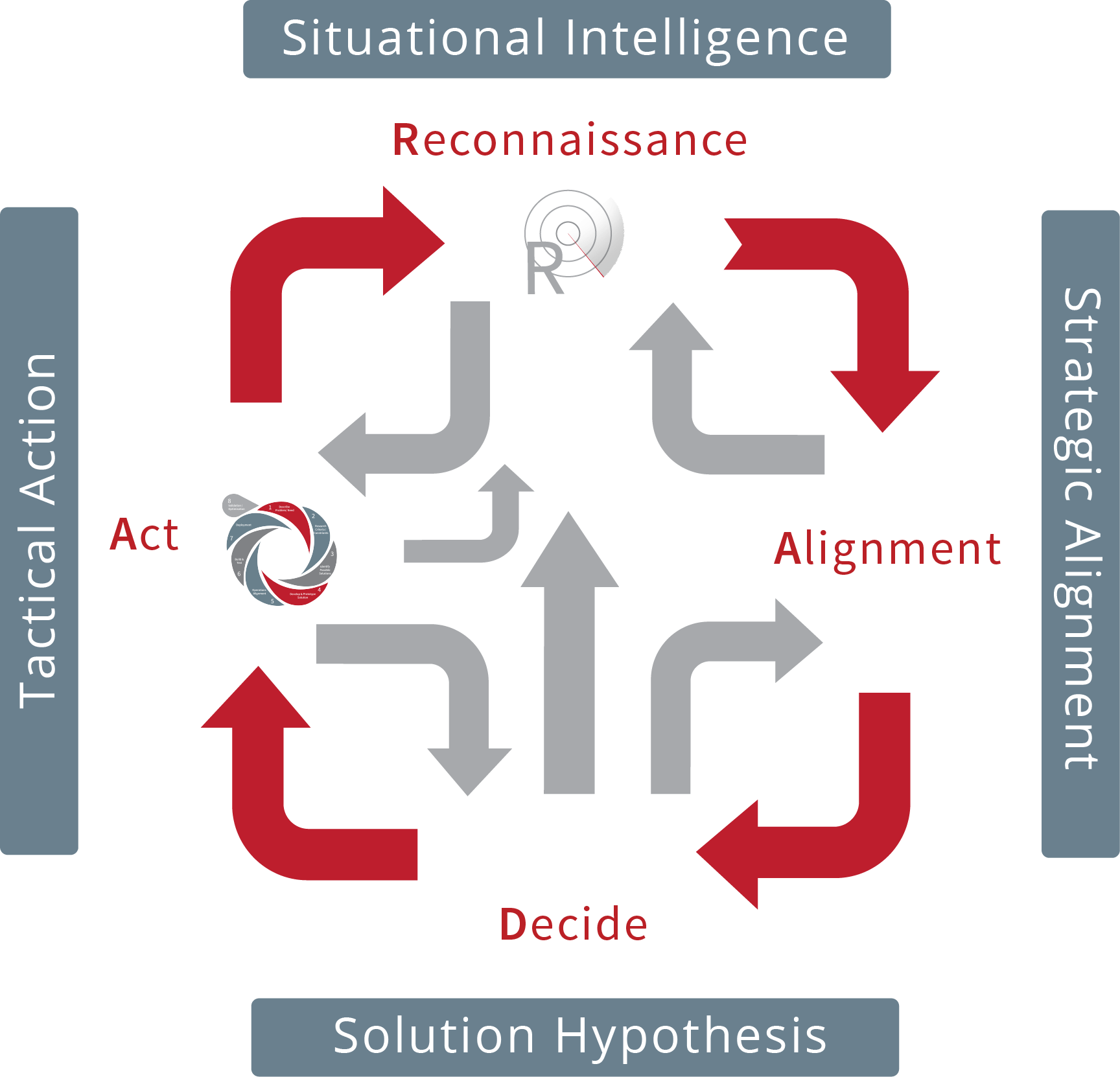
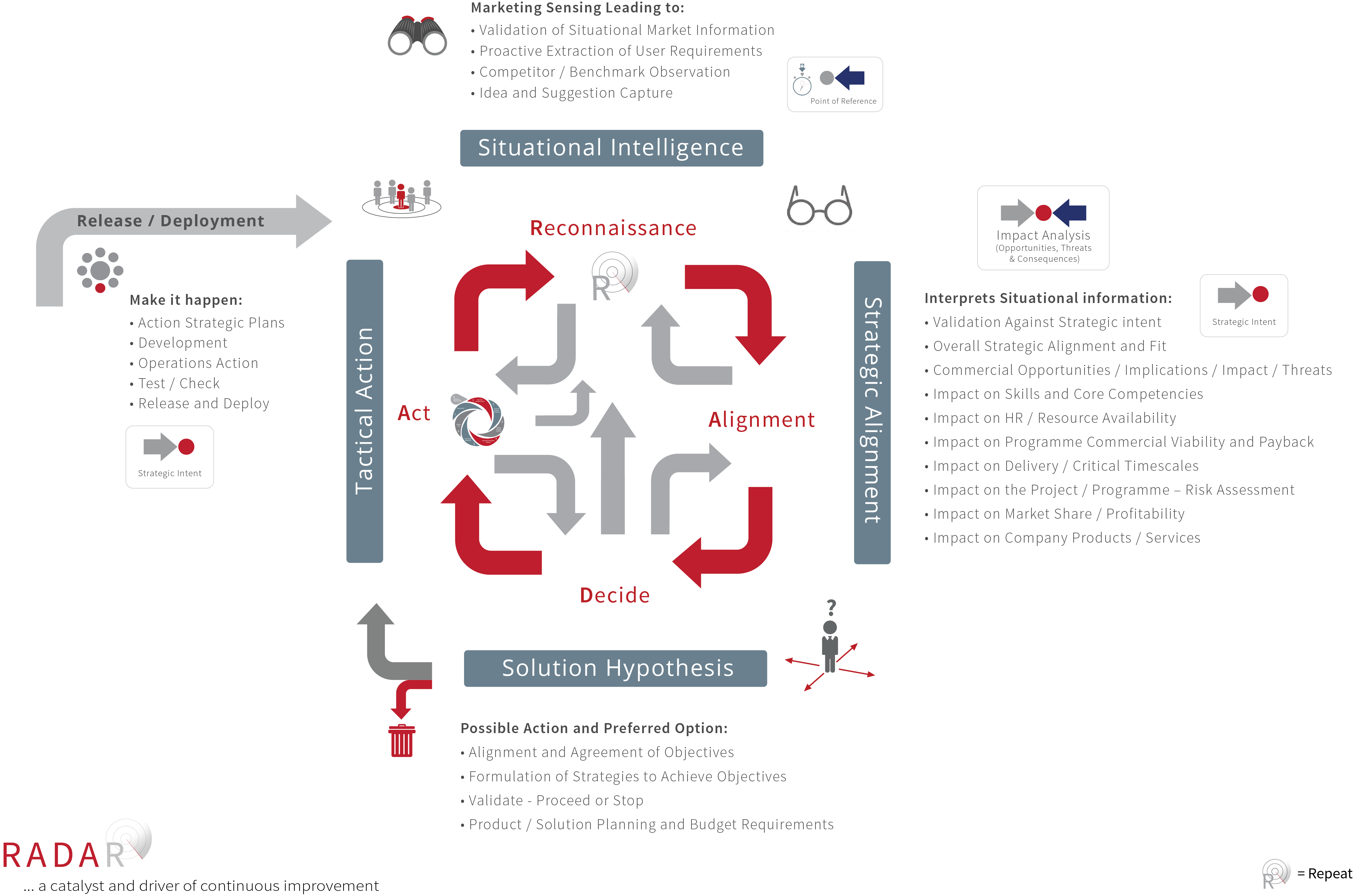
Internal RADA(R) Loop
Internal RADA(R) Loop
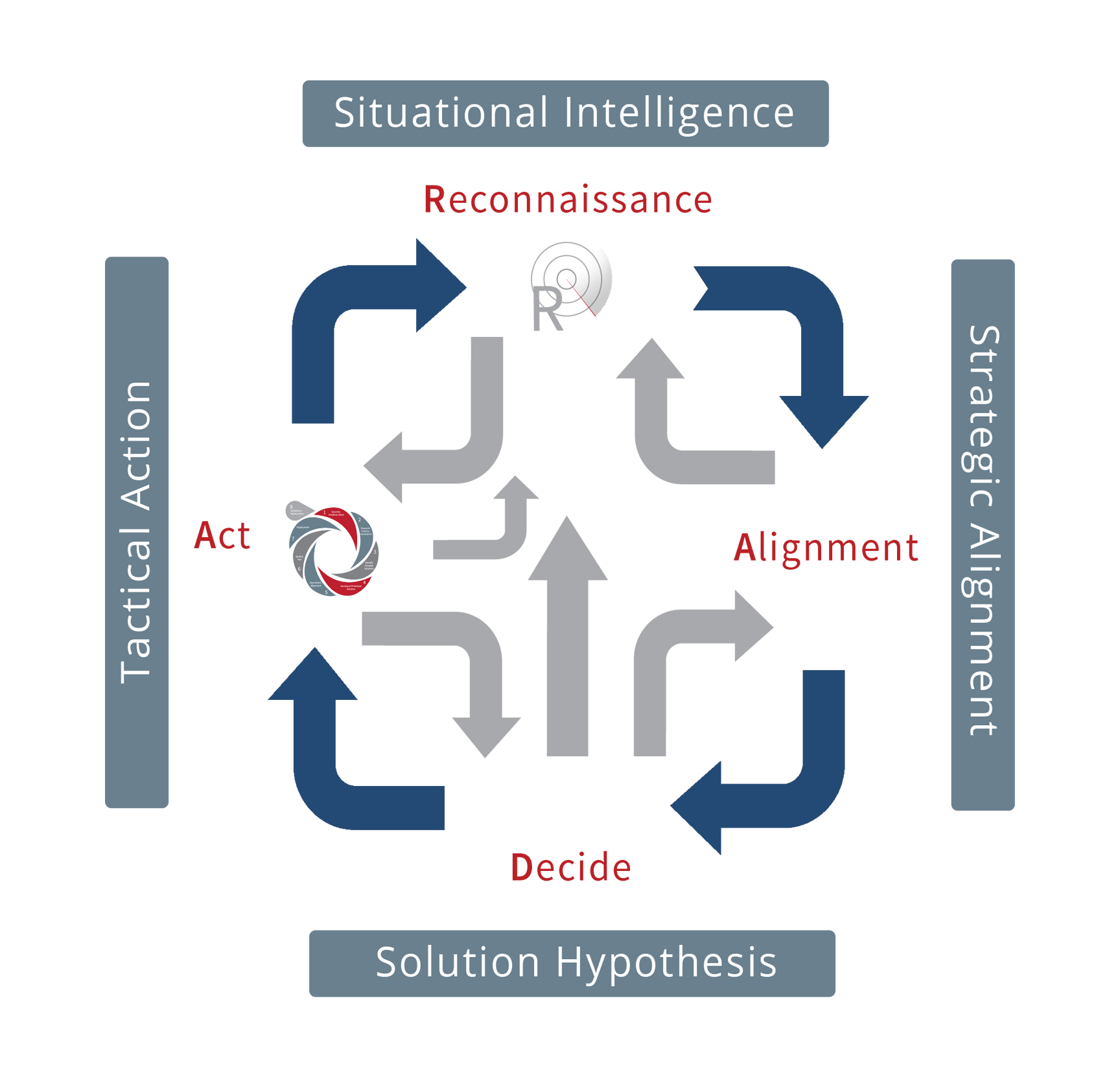
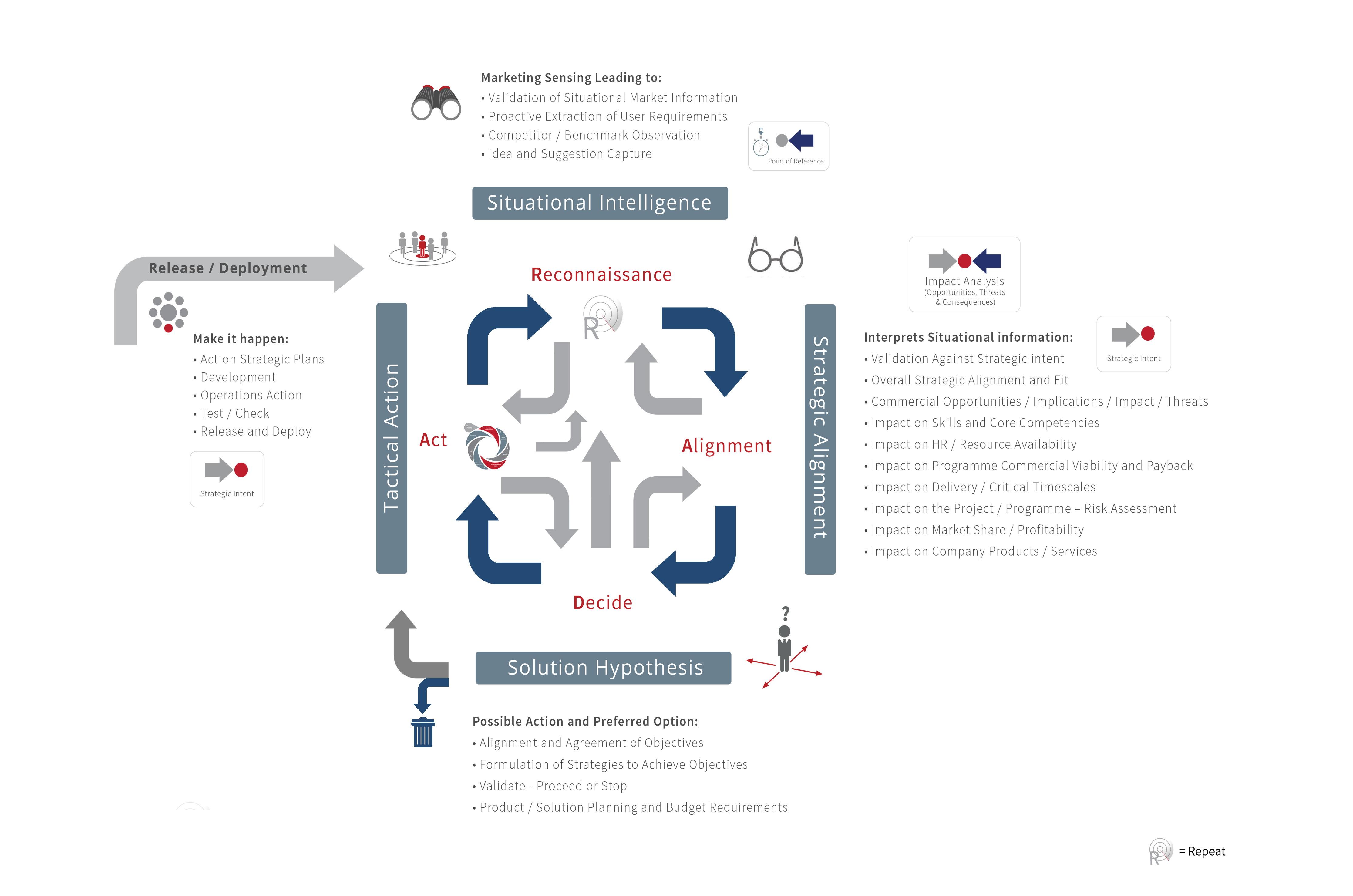
|The step by step process of the RADA(R) Loop
%20instruction%20sheet1.png?crc=400768715)
%20instruction%20sheet%202.png?crc=344451520)
|RADA(R) Loop - Target Market
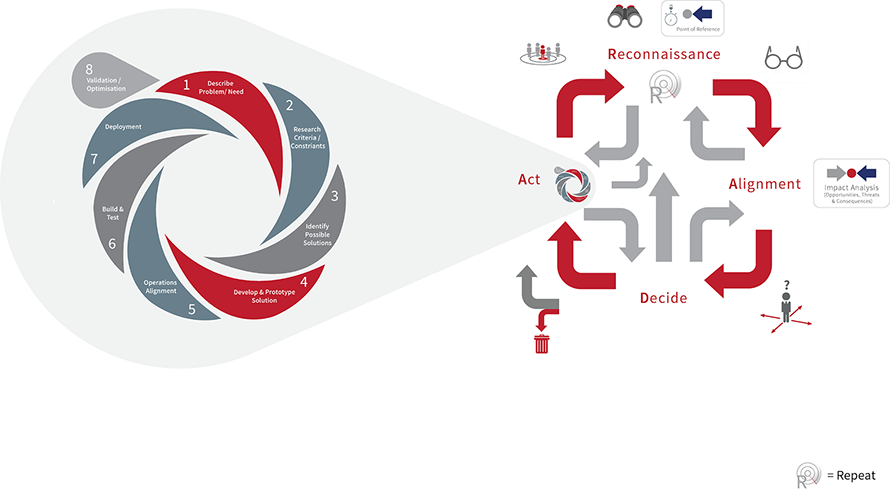
%20loop%20-%20target%20market.png?crc=4148298512)
‘Hover and Click' over the diagram below to visit specific information...
5 Forces
SWOT
PEST
VOC
FBA
Benchmarking
Creatives
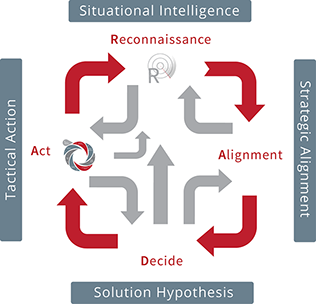
Strategic Intent
Strategic Position
Product Roadmaps
HR & Competencies
Financial Alignment
|RADA(R) – Alignment / Impact Analysis

Point of Reference
RADA
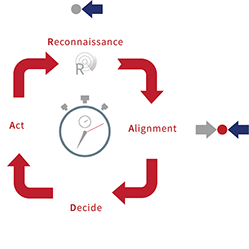

Strategic Intent
Programme Management
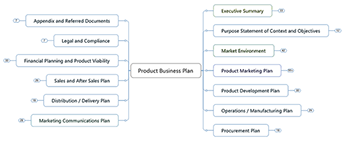
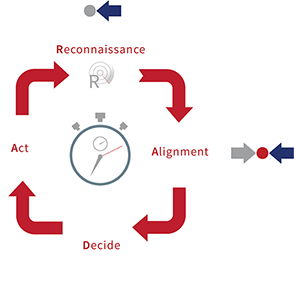
RADA
Impact Analysis
(Opportunities, Threats
& Consequences)
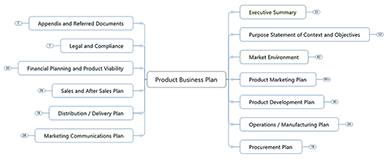
Programme Management

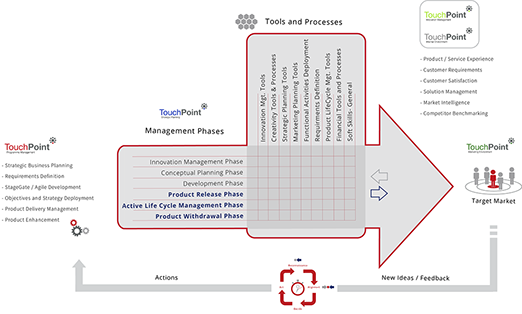
|RADA(R) – DeskPad Walkthrough
In alignment with the above defined process method, we have produced an everyday practical deskpad (available in A3 and A2 sizes) to support the method. In practice each sheet of the deskpad can be representative of separate ideas, economic conditions and/or requests for change. Each sheet is therefore a record of the decision making process and ultimately drives an ethos of continuous improvement.
The above deskPad and other supporting products are available if required via the A7 Hub (see below)
- Available in A3 and A2 sizes
- Hand finished to a very high standard of craftsmanship.
- 25 sheets of premium quality paper
- 150gsm crisp white paper for maximum clarity and durability
- 1000micron quality back board for maximum rigidity and purpose
- Visually attractive and functionally aligned
The RADA(R) desk-pad is available in A3 and A2 sizes, with each pad variant comprising of 25 individual pages of high quality crisp white 150gm paper, aligned and glued on the top edge and mounted on a quality ‘hard back’ board providing stability. From a design perspective the pad will make a stylish edition to any Product Directors / Managers Desk – both highly practical and visually pleasing. The main purpose of the pad is of course to manage the RADA(R) process.



























5 - 14
<
>
|RADA(R) Impact Analysis
It is important that a 'point of strategic reference' is used throughout the RADAR process. Without a point of reference ultimately means you are quite possibly working in an ad-hoc manner and shifting sand. As such we must as a matter of cause, define a set of product critical success measures and/or critical to quality measures from which the delivery of Strategic Intent is targeted. Attributions of measurement can be singular or as many as is required to deliver Strategic Intent. This sets the reference and any requirement / market delta can be measured in terms of its impact on the aforementioned reference point.
To make this particular procedure as easy and accurate as possible ~ to define / analyse the strategic impact of any requirement / observation from the reconnaissance activity, we have produced a comprehensive model to map the delta dimension. In this particular model we have used the axis dimensions of Competitive Position (VOC) - from a market / customer perspective and Market Attractiveness (VOB) from an internal perspective. Each axis can accept up to 20 attributions of measurement (if required), but it should be noted that the total number of attributions used for this measurement, should define the strategic reference and deliver Strategic Intent - do not add measures because you can, particularly if realistically they are not making any difference in the final analysis. The resultant plot(s) enables the delta position to be discussed and the impact determined in-terms of the associated commercial risks.
Please see below information on the Strategic Impact Analysis Model
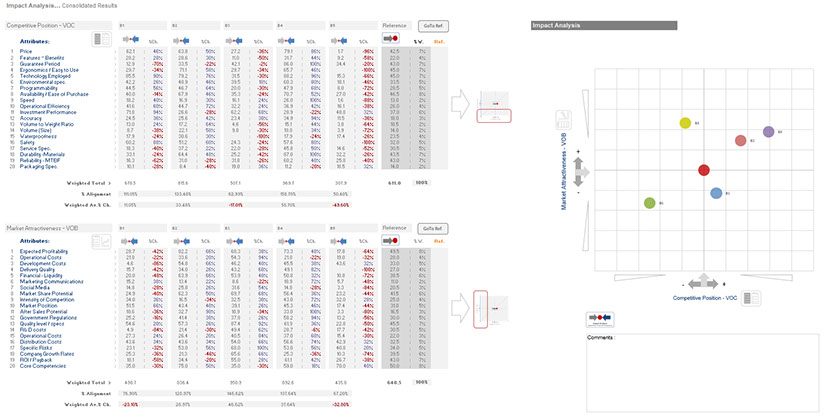
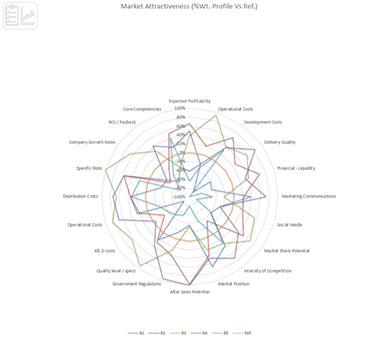
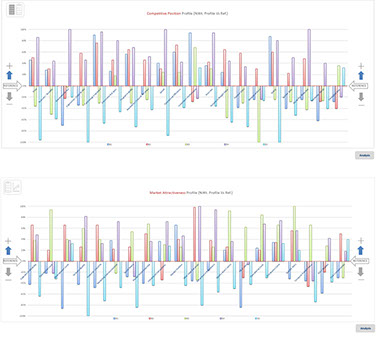
|Related Procedures
The following interrelationship maps indicate; suggested content from other models/processes which may have influence or an effect on the analysis of the title process. The left-hand column indicates information or impact from the named process and the left-hand column indicates on completion of the process/analysis it may have an influence or effect on the listed processes.
Note: A complete set (professional quality) of PMM interrelationship cards are available to purchase - please contact us for further details.
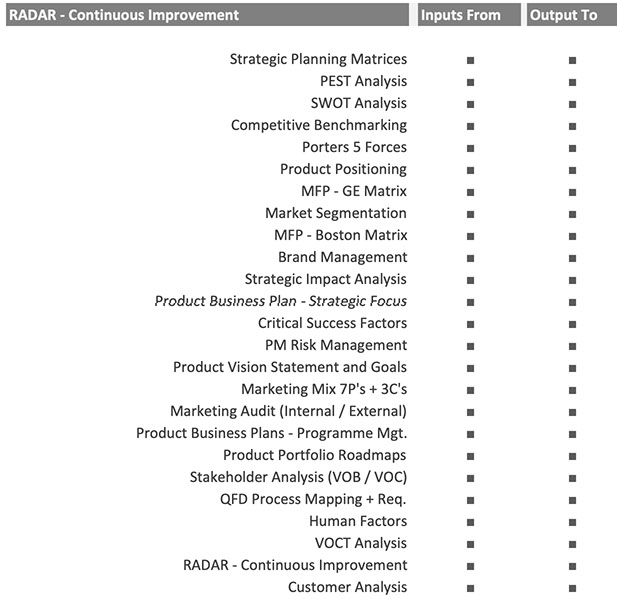
| RADA(R) & Edward De Bono Six Thinking Hats
|Strategic Business Models, Workshop Tools & Professional Resources
The IPM practitioner series, is a definitive and integrated training programme for management professionals operating in the Product Management arena. So whether you’re the Managing Director, Product Director, Product Manager or a member of the Multidisciplinary Team we are confident that you will find this particular training series to be one of the best available and an invaluable asset to both you and your company.
PMM - Professional Support
Workshop Material
Wallcharts
DeskPads
Interactive Business Models
Strategic Impact Analysis
More








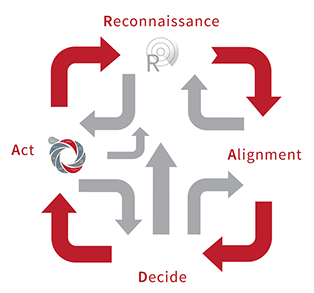



%20blank%20with%20grid%20-%20wallchart.jpg?crc=3763817674)
%20blank%20-%20wallchart%20on%20grey%20bg.jpg?crc=422204017)
%20-%20wallchart.jpg?crc=110136618)
%20blank%20-%20wallchart%20on%20grey%20bg%20.jpg?crc=4202394822)
%20blank%20desk%20pad%201.jpg?crc=307803392)
%20deskpad.jpg?crc=4140728125)




